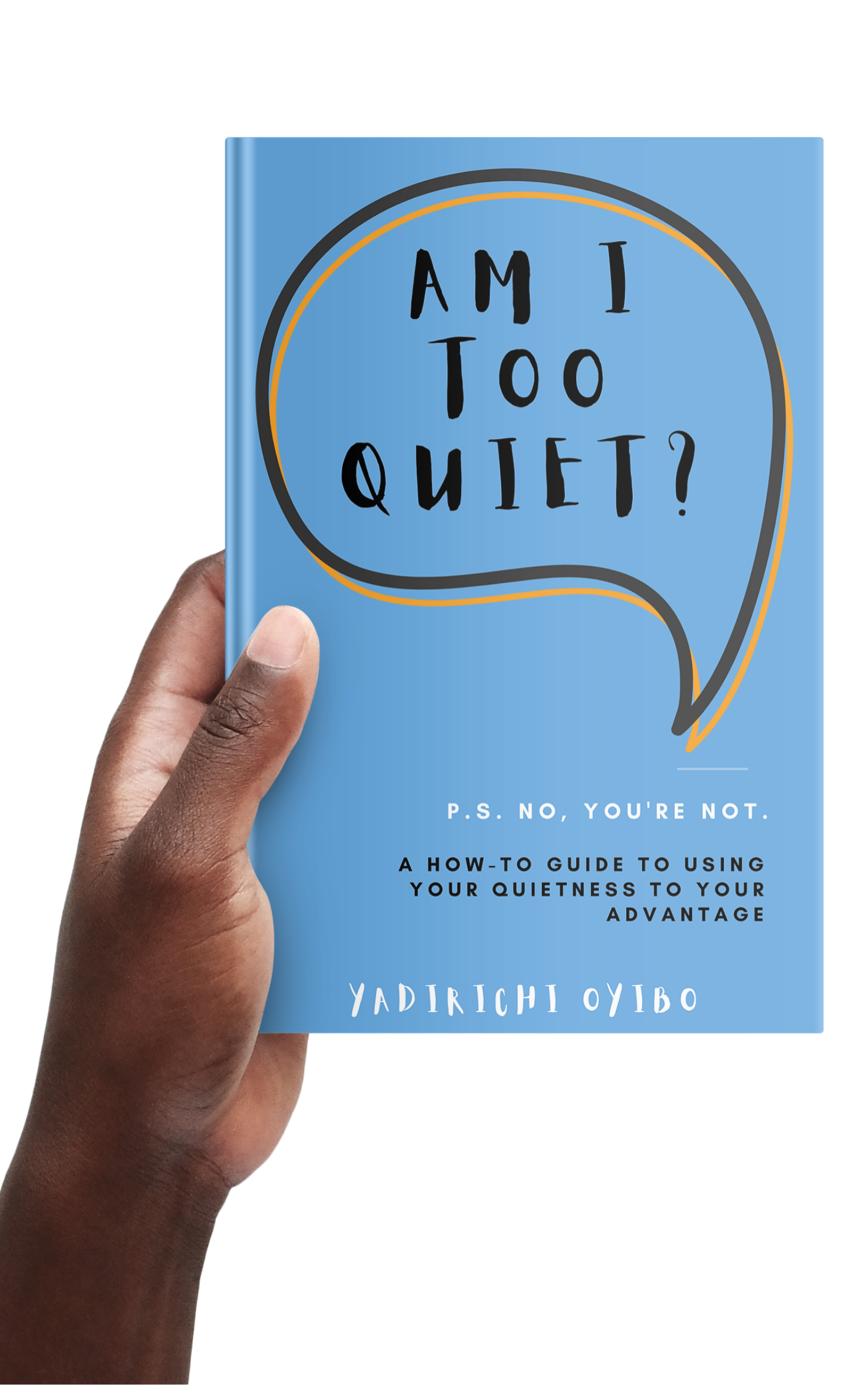How Journaling Saved My Sanity as an Overthinker (plus 50+ Journaling Ideas)
My overthinking spiral starts innocently with a casual thought like, “Did I say the right thing in that email?”
Then, before I know it, I’m questioning my entire communication style, imagining scenarios where my tone was misinterpreted, and wondering if I should start a PowerPoint presentation to explain my intentions.
It’s not just a mental distraction—it’s a full-body experience that leaves me drained before the day even begins. I thought mindlessly scrolling through social media would be a solution. But for my overactive mind, it gives me more random things to think about.
Then, I found what journaling can do. And let me tell you, it’s been a game-changer.
I don’t mean the “Dear Diary, today I ate a sandwich” kind of journaling. No, my journaling time is more like having a one-on-one meeting with your brain.
This journaling meaning is a space where you can gently untangle those messy thoughts and pin them down with ink on paper. There's something magical about writing things out—it’s like giving the overthinking beast a comfy chair to sit in, so it stops running laps around your head.
Some days, my journal reads like a novel of half-baked ideas and rambling frustrations. Other days, it’s just a list of questions I’ll never actually answer. But every time, I feel lighter. Knowing how to write a journal is a gift you need to learn. There’s a clarity that comes when you see your thoughts laid out in front of you.
But here’s the disclaimer: journaling doesn’t “fix” overthinking (I wish). It gives it boundaries—a place to exist without taking over everything else. And honestly, that’s been enough to make the chaos feel a little less overwhelming.
In this article, I’ll be sharing the best journaling practices to be your most fulfilled self, if you’re an overthinker like me.
Four Tips for Journaling Without Stress
If you’re thinking about giving journaling a try (or trying to make it stick), a few little tips might just help you along the way.
Trust me, after a few months of journaling, I’ve learned what works—and what doesn’t.
Here’s what’s helped me turn my scattered thoughts into something more peaceful and purposeful:
1. Find Your Unicorn Journal
This might sound a little dramatic, but hear me out: your journal should feel like the one.
When you’re picking out your journal, consider size, style, and vibe. Are you someone who loves to carry it around everywhere? Then a smaller, pocket-sized notebook might be your best friend. Or, if you’re all about writing big thoughts with a lot of room to sprawl, a larger journal might be perfect.
Go for something that makes you feel excited to open it—whether that’s a leather-bound beauty, a quirky colorful design, or something minimalist. The right journal will invite you to come back to it every day.
2. Create a Cozy Corner
Journaling isn’t just about the words—it’s about setting the mood. Find your cozy corner, the place where you can sit with your thoughts without distractions.
Maybe it’s a sun-dappled window seat, or a comfy armchair with a warm blanket. Heck, it could be your bed or a quiet café. The point is to create a space that makes you want to slow down and be present.
Make it your little sanctuary, even if it’s just for five minutes. The atmosphere you surround yourself with can help turn journaling from a task into a relaxing ritual.
3. Consistency is Key
This doesn’t mean you have to write a novel every time you sit down. But the magic of journaling really shows up when it becomes a regular habit—even if it’s just for five minutes a day.
Think of it like brushing your teeth: you don’t need to spend hours on it, but doing it regularly makes a big difference. Some days, you’ll write pages and pages. Other days, it might just be a few quick thoughts or reflections.
And no, having a daily journal writing schedule is not compulsory. But the consistency will help make it a natural part of your routine, and before you know it, it’ll feel like second nature.
4. No Rules, Just Fun
Here’s the most important part: there are no rules. Journaling isn’t a test, and there’s no “right” or “wrong” way to do it.
Some people love to write about their day, others make lists or doodle or jot down random thoughts. Sometimes it’s just a couple of sentences or even a single word.
The goal is simply to let your thoughts flow, not to create a masterpiece. So don’t stress over how it looks or whether it’s profound enough. The point is to give your mind some space to breathe, however that looks for you.
50+ Journaling Prompts to Spark Your Inner Unicorn
My first attempt at journaling was…awkward, to say the least. I sat there staring at the blank page, thinking, What am I supposed to write? Was I supposed to recap my day? List my goals? Vent about my problems? It felt strange, like trying to have a conversation with someone you just met. I scribbled a few random thoughts, immediately judged them for being too boring, and almost gave up right then and there.
Knowing what to journal can be such a blur, especially if you want to be writing in a journal every day. So, how do you write in a journal? These journaling prompts below will give you all the clarity I wish I had when I started.
Cute & Quirky Prompts:
If I could have tea with any animal, it would be...
My inner child would tell me to...
Today, I am grateful for... (with a sprinkle of glitter)
If I could have any superpower, it would be... (and why)
My life in emojis:
Mindful Moments:
Describe a sound that brings you joy.
What are 3 things you love about yourself today?
What is one thing you're looking forward to this week?
Reflect on a moment of kindness you witnessed today.
What is one thing you can do to show yourself self-compassion today?
Creative & Fun:
Write a short story about your dream vacation.
Create a mood board for your future self.
Write a letter to your future self.
Pen a poem about your favorite color.
Free-write for 5 minutes without stopping.
Liking this article? Join our Introvert Club→
Track your mood:
Monitor your mood throughout the day and note down what triggers positive and negative emotions.
○ Today's mood: ☀️ (Sunny) or 🌧️ (Cloudy)? Why?
○ What made me smile today?
○ What triggered my frustration today, and how can I handle it differently next time?
○ Did I notice any recurring patterns in my mood throughout the day?
Dream journaling:
Record your dreams as soon as you wake up.
○ What was the most vivid image in my dream?
○ Did my dream feel happy, scary, or confusing?
○ Could my dream be related to something that happened in my waking life?
○ What emotions did I feel in my dream?
Future planning:
Write down your short-term, mid-term, and long-term goals.
○ My top 3 goals for this week: 🎯
○ One big goal I'm working towards: ⛰️
○ What small steps can I take today to move closer to my goals?
○ How can I celebrate my progress towards my goals?
Idea generation:
Jot down any new ideas that come to mind.
○ Brainstorm 5 creative solutions to a problem I'm facing.
○ What's a new skill I'd like to learn, and how can I start today?
○ What's a fun and exciting project I'd like to pursue?
○ Capture any random thoughts or ideas that pop into my head.
Habit tracker:
Track your progress in developing new habits or breaking old ones.
○ Did I successfully [insert habit] today? ✅ or ❌
○ What challenges did I face today in sticking to my habit?
○ How can I make it easier to stick to this habit tomorrow?
○ What rewards can I give myself for successfully sticking to my habit?
Travel journaling:
Document your travel experiences.
○ My favorite memory from today's adventure: ✨
○ What new and interesting things did I learn today?
○ How did this experience make me feel?
○ What would I do differently next time?
Gratitude journaling:
Express gratitude for the good things in your life.
○ I am grateful for... (list 3 things)
○ What small act of kindness did I witness today?
○ What am I grateful for about myself today?
○ How can I spread more gratitude in my life?
Accomplishment journaling:
Reflect on your accomplishments, big or small.
○ What are 3 things I accomplished today, big or small?
○ How do these accomplishments make me feel?
○ What challenges did I overcome today?
○ What did I learn from my accomplishments today?
Brain dump journaling:
Write down everything that's on your mind when feeling overwhelmed.
○ Write down everything that's on your mind without stopping for 5 minutes.
○ What are my biggest worries right now?
○ How can I let go of these worries and find some peace?
○ What can I do to reduce my stress levels?
Milestone journaling:
Celebrate your milestones.
○ What milestones have I reached recently?
○ How did I celebrate my recent milestones?
○ What new milestones am I working towards?
○ How will I celebrate when I reach my next milestone?
Self-care journaling:
Reflect on your self-care practices.
○ What self-care activities did I do for myself today?
○ How did these self-care activities make me feel?
○ What self-care activities do I need to prioritize this week?
○ How can I make self-care a bigger part of my daily routine?
Challenge journaling:
Challenge yourself to step outside your comfort zone.
○ What's one thing I can do today that scares me a little?
○ How did this challenge make me feel?
○ What did I learn about myself from this challenge?
○ What's another challenge I'd like to try next week?
Pin this ↓
Let’s Wrap Up
Journaling isn’t just about writing—it’s about giving your overactive mind a place to rest.
For overthinkers like us, it’s a powerful tool to slow down, regain control, and find a little peace in the chaos.
If you’re ready to start, here’s a list of journal options.
Remember: self-care is a daily practice, and finding peace within starts with taking small, intentional steps. Your thoughts are valid, your feelings matter, and you deserve a moment of calm. Drop a comment below if this article was insightful.
Live Your Best Quiet Life
Get the Am I Too Quiet? book →














